Signup For Our Newsletter
Heart Beet
$39.95 — or subscribe and save 5%
Heart Beet is our natural support for lowered blood pressure and heart health.
Directions: Take 2 capsules, 2 times a day. Once in the AM & PM. For best results, avoid caffeine, alcohol, excessive sugar and multiple supplements. Drink plenty of water and get a good night’s sleep. Always seek the advice of a health care professional before taking any product, especially if an adverse reaction occurs.
Ingredients: Celery Seed, Sesame Seed, Hawthorn Berry, Beet Root, Parsley Leaf, Asparagus (whole plant), Cat’s Claw Bark, Grape Seed Extract, Pomegranate Seed, Hibiscus Flower, Flaxseed, Rauvolfia (Indian Snakeroot), L-Arginine, L-Taurine, Basil Leaf, Ginger Root, Mistletoe Leaf, Avena Sativa (aerial parts), Celery Stalk, Cardamom Seed, Cinnamon Bark, Carrot Root, Onion Bulb, Pumpkin Seed, Kudzu Root.
Ingredients:
Celery Seed: May improve blood sugar levels. Maintaining healthy blood sugar levels is important for reducing your risk of type 2 diabetes and heart disease. Celery seeds are also a great source of magnesium, with one tablespoon providing 12% of the RDI.
Sesame Seed: Some studies suggest that regularly eating sesame seeds may help decrease high cholesterol and triglycerides, which are risk factors for heart disease.
Hawthorn Berry: Is used for diseases of the heart and blood vessels such as congestive heart failure (CHF), chest pain and irregular heartbeat. It can also be used to treat tapeworm and other intestinal infections.
Beet Root: Beetroot juice is actually one of the richest dietary sources of nitrates, which help improve blood flow and heart health. As such, the nitrates in beet juice may help improve blood flow and exercise ability in patients with heart failure.
Parsley Leaf: Is high in nitrates that help to dilate blood vessels, which improves blood flow and lowers high blood pressure. Just like the beet juice above, research indicates that nitrate-rich foods can help maintain healthy blood pressure levels.
Asparagus (Whole Plant): Is a natural source of folate, which helps to prevent an amino acid called homocysteine from building up in the body. High homocysteine levels have been linked with an increased risk of heart-related conditions, such as coronary artery disease and stroke.
Cat’s Claw Bark: Traditional Chinese Medicine has used Cat’s Claw for centuries to treat high blood pressure. Studies now appear to back this up, with a specific alkaloid, hirsutine, being attributed with this plant’s ability to keep blood pressure under control.
Grape Seed Extract: May help in lowering systolic blood pressure and heart rate.
Pomegranate Seed: Contains more antioxidant power than cranberry juice or green tea. Research has shown that drinking pomegranate juice (made from the fruit’s seeds) improved blood flow, lowered blood pressure and delayed the oxidation of LDL cholesterol in patients with coronary heart disease.
Hibiscus Flower: May lower blood pressure. Over time, high blood pressure can place extra strain on the heart and cause it to weaken. High blood pressure is also associated with an increased risk of heart disease
Flaxseed: The fiber, phytosterols and omega-3 content of flaxseed may help boost heart health. The lignans it contains may also help protect against cardiovascular and other chronic diseases.
Rauvolfia (Indian Snakeroot): Contains chemicals that have been shown to affect the heart and blood vessels, causing low blood pressure and a slower heart rate.
L-Arginine: May help improve blood flow in the arteries of the heart. That may improve symptoms of clogged arteries, chest pain or angina, and coronary artery disease.
L-Taurine: Strengthens and protects heart muscle cells and the system of blood vessels that supplies blood throughout the body, helping to protect against atherosclerosis, heart attacks and strokes. Taurine also may protect vision and hearing.
Basil Leaf: The anti-inflammatory properties of basil may help lower risk of heart disease, rheumatoid arthritis and inflammatory bowel conditions. Consumption of basil could also soothe fever, headache, sore throat, cold, cough and flu.
Ginger Root: May help reduce blood cholesterol levels (probably by reducing inflammation and oxidative stress) and also may help improve liver function. Ginger may also help lower blood pressure, another indicator of heart disease.
Mistletoe Leaf: Is a nervine. It will calm, soothe and tone the nervous system. It has the ability to slow the pulse rate, lower blood pressure and stimulate contractions of the uterus.
Avena Sativa (Aerial Parts): Helps to lower LDL cholesterol, due to the main components of the oat’s soluble fibre, beta glucan.
Celery Stalk: Celery is rich in phytonutrient antioxidants that contain anti-inflammatory properties and may also help lower blood pressure.
Cardamom Seed: Researchers suspect that the spice may lower blood pressure due to its diuretic effect, meaning it can promote urination to remove water that builds up in your body, for example around your heart.
Cinnamon Bark: Is loaded with antioxidants and has anti-inflammatory properties. It may also cut the risk of heart disease and help lower blood pressure, as well as improve sensitivity to the hormone insulin.
Carrot Root: Contains vitamin A, antioxidants and other nutrients. Evidence suggests that eating more antioxidant-rich fruits and vegetables, such as carrots, can help reduce the risks of cancer and cardiovascular disease.
Onion Bulb: Contain antioxidants and compounds that fight inflammation, decrease triglycerides and reduce cholesterol levels- all of which may lower heart disease risk. Their potent anti-inflammatory properties may also help reduce high blood pressure and protect against blood clots.
Pumpkin Seed: Are a good source of antioxidants, magnesium, zinc and fatty acids, all of which may help keep your heart healthy. Animal studies have also shown that pumpkin seed oil may reduce high blood pressure and high cholesterol levels, two important risk factors for heart disease.
Kudzu Root: Used for heart and circulatory problems, including high blood pressure, irregular heartbeat and chest pain. Also for upper respiratory problems including sinus infections, the common cold, hay fever, flu and swine flu. As well as for skin problems, including allergic skin rash, itchiness and psoriasis.
Other Ingredients: Vegetable Cellulose Capsule.
| Weight | 5 oz |
|---|
Be the first to review “Heart Beet” Cancel reply
You must be logged in to post a review.


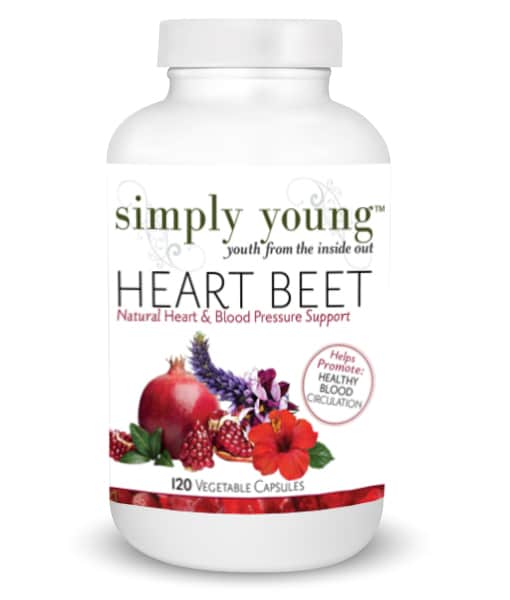
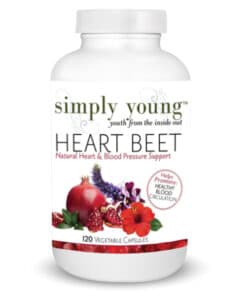
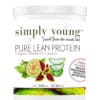
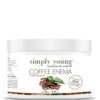
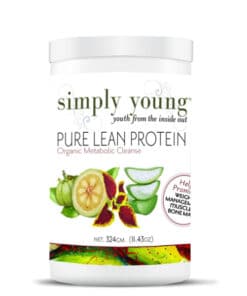
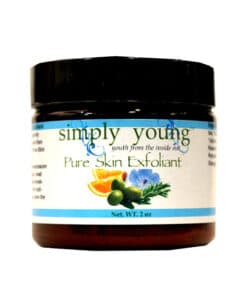
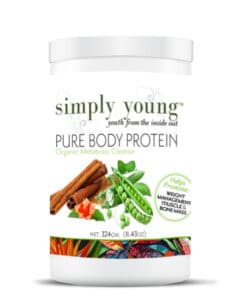
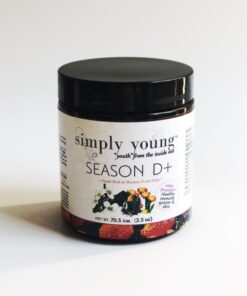
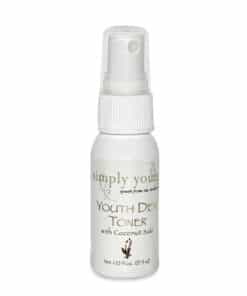
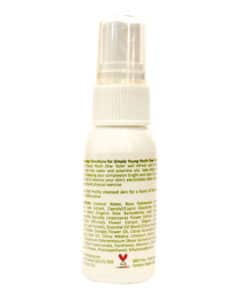


Reviews
There are no reviews yet.